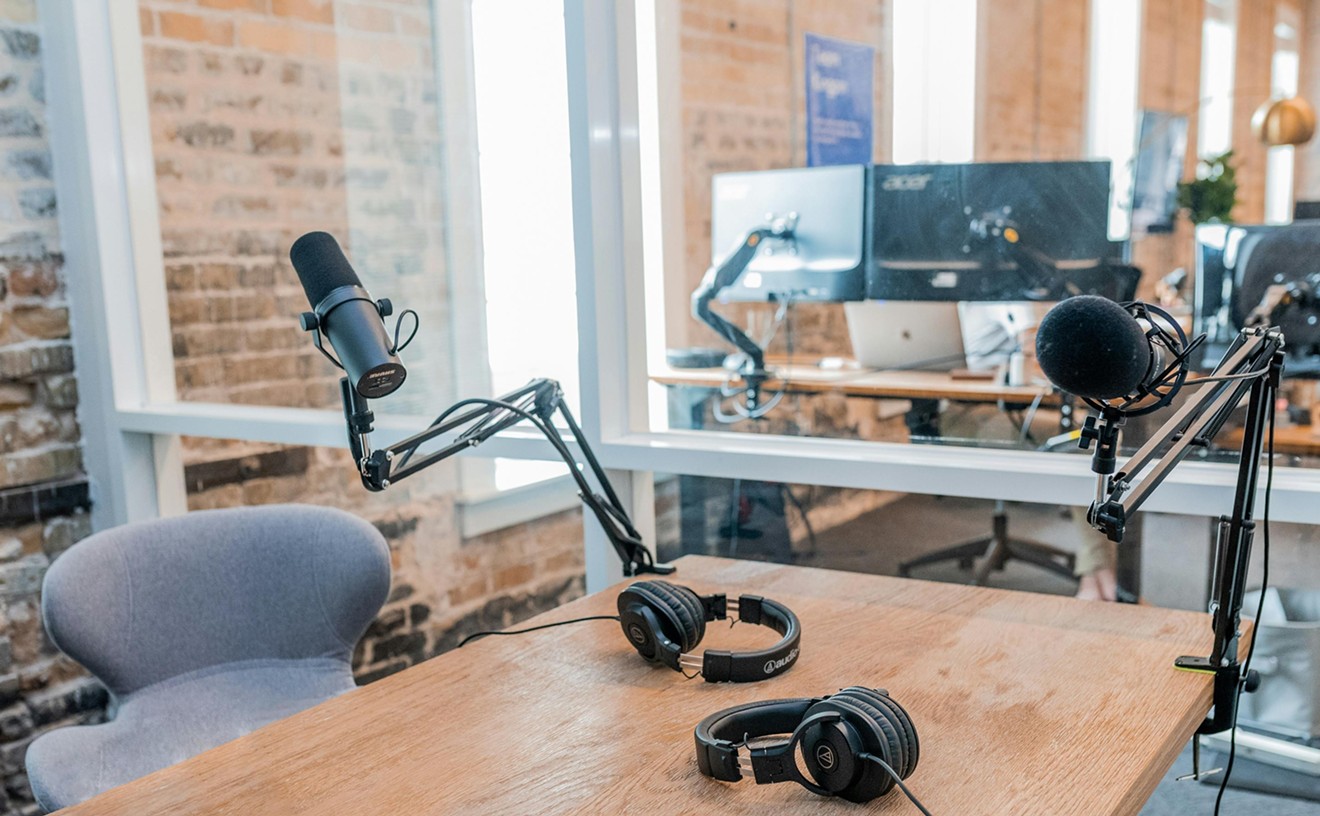Sandra Hansen, the owner of Motorwerkz of Dallas on Harry Hines, said she often sees women scantily dressed or in lingerie pacing the street and selling themselves. "It's tough trying to explain it to the kids when they ask [about it]," Hansen said.
She recently relocated her business from another location on Harry Hines. As Hansen browsed the area for the new site of her auto shop, she said she was shocked to see the activity taking place all the way to Walnut Hill Lane.
Dallas City Council voted unanimously to extend a 'no cruising' ordinance to portions of Shady Trail, Harry Hines Boulevard, Walnut Hill Lane and Southwell Road in an effort to control prostitution and sex trafficking. Unlawful cruising is defined as a driver passing through “the same traffic control point within a no cruising zone three times within any two-hour period.” A person can be ticketed up to $500 for cruising in one of these zones.
"I'm glad they're finally passing something to deal with it," Hansen said.
The ordinance states that traffic congestion and cruising in these areas is linked to prostitution-related activities and trafficking. The thinking is if law enforcement can reduce the traffic in these areas, they can reduce this illegal activity.
This vote was delayed last month after receiving opposition from Dallas residents and several council members, who compared the ordinance to "stop-and-frisk," a discredited practice used in other cities that allowed police officers to stop and randomly search people in certain geographical areas. Opponents said the cruising ban could open the floodgates of widespread racial profiling.
Since then, however, some of the opposing council members have ridden along with the Dallas Police Department's vice unit to see how the ordinance is being enforced. Now, they've had a change of heart.
On one of these ride alongs, Omar Narvaez, the council member who moved for the delayed vote last month, said, "I was watching minors being forced into sex work." Over the police radios, he said he heard women working the streets weren't being allowed a drink of water because they hadn't made $1,000 yet. "It's unconscionable," he said.
Narvaez moved to approve the ordinance with the stipulation that DPD presents data each year to prove its success.
The ordinance will be in effect in the Harry Hines Boulevard corridor from 4:30 p.m. to 8 a.m. Other areas would be subject to the ordinance from 8 p.m. to 4 a.m., and 3 p.m. to 1 a.m.
Todd Ike, a Dallas resident with the Texas Organizing Project, said the ordinance is too vague and doesn't tackle the root causes of prostitution and sex trafficking.
Council Member Adam Bazaldua also rode along with DPD after being adamantly opposed to the ordinance last month. He said the police demonstrated care for the victims of these crimes, the girls and women, as well as their efforts to divert them from such activity.
[
{
"name": "Air - MediumRectangle - Inline Content - Mobile Display Size",
"component": "18855504",
"insertPoint": "2",
"requiredCountToDisplay": "2",
"watchElement": ".fdn-content-body",
"astAdList": [
{
"adType": "rectangle",
"displayTargets": "mobile"
}
]
},{
"name": "Editor Picks",
"component": "17105533",
"insertPoint": "4",
"requiredCountToDisplay": "1",
"watchElement": ".fdn-content-body",
"astAdList": [
{
"adType": "rectangle",
"displayTargets": "desktop|tablet"
},{
"adType": "rectangle",
"displayTargets": "desktop|tablet|mobile"
}
]
},{
"name": "Inline Links",
"component": "18349797",
"insertPoint": "8th",
"startingPoint": 8,
"requiredCountToDisplay": "7",
"maxInsertions": 25
},{
"name": "Air - MediumRectangle - Combo - Inline Content",
"component": "17105532",
"insertPoint": "8th",
"startingPoint": 8,
"requiredCountToDisplay": "7",
"maxInsertions": 25,
"watchElement": ".fdn-content-body",
"astAdList": [
{
"adType": "rectangle",
"displayTargets": "desktop|tablet"
},{
"adType": "rectangle",
"displayTargets": "desktop|tablet|mobile"
}
]
},{
"name": "Inline Links",
"component": "18349797",
"insertPoint": "8th",
"startingPoint": 12,
"requiredCountToDisplay": "11",
"maxInsertions": 25
},{
"name": "Air - Leaderboard Tower - Combo - Inline Content",
"component": "17105535",
"insertPoint": "8th",
"startingPoint": 12,
"requiredCountToDisplay": "11",
"maxInsertions": 25,
"watchElement": ".fdn-content-body",
"astAdList": [
{
"adType": "leaderboardInlineContent",
"displayTargets": "desktop|tablet"
},{
"adType": "tower",
"displayTargets": "mobile"
}
]
}
]












